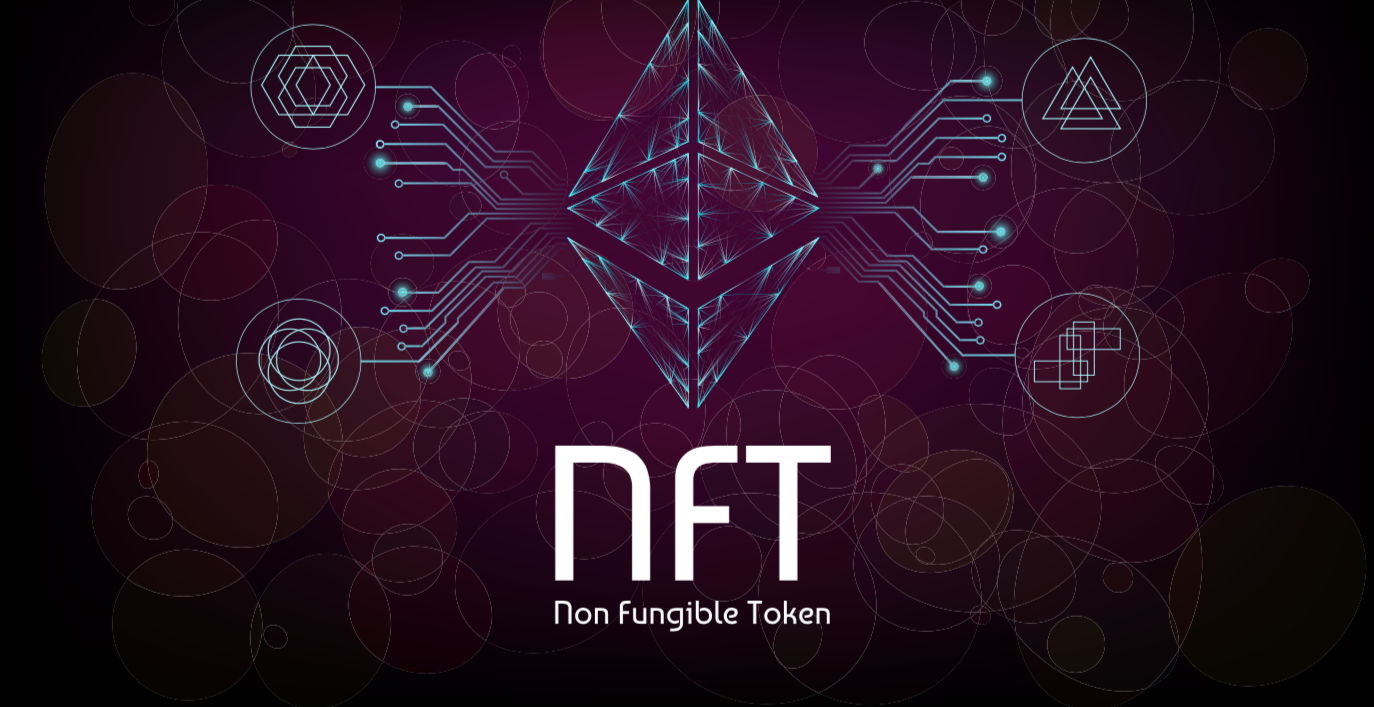The scale of virtual events is exciting; here's how they can create exclusivity too
The use of non-fungible tokens, unique digital souvenirs that sit on the blockchain, offers a way to create brilliant exclusivity for digital events, while keeping them open to unlimited audiences.
by Annabel Holmes

Please sign in below or access limited articles a month after free, fast registration.
If you don’t yet have an account, you can register for free to unlock additional content. For full access to everything we offer, view our subscription plans.
Sign In
Trouble signing in?
Register for free
✓ Access limited free articles each month
✓ Email bulletins – top industry news and insights delivered straight to your inbox
Subscribe
✓ Unlimited access to all Campaign Asia content
✓ Real-world campaign case studies and career insights
✓ Exclusive reports, industry news, and annual features
